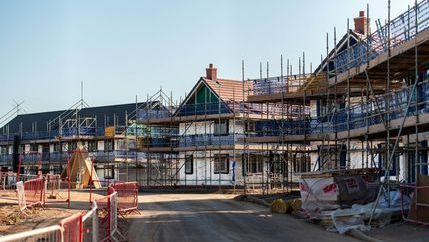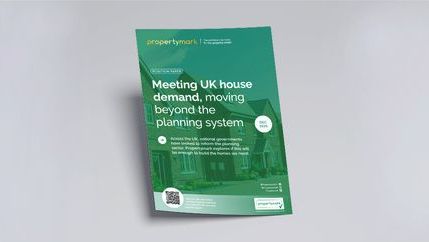
The proposals have been released ahead of updates to the National Planning Policy Framework, expected to be announced before the end of the year, which will bring back mandatory local house building targets, introduce brownfield passports, and update design codes.
Key roles in local decision-making
In recent years, more planning decisions have been delegated to officers whilst committees focus on the largest or most controversial applications, with 96% of determinations made by officers in Q2 of 2024. However, the Ministry of Housing, Communities and Local Government (MHCLG) has found that the process varies significantly between different local authorities, leading to unnecessary delay, cost and uncertainty.
MCLHG also points to a lack of expertise in planning principles and law amongst committee members, which, coupled with insufficient transparency about how decisions are made, increases the number of appeals against council rulings.
Streamlining and simplifying
The UK Government’s key objective is to standardise delegation procedures across local authorities, creating greater clarity and consistency. This means that there will be specific guidance on when a decision should be made by a planning officer, and when an application should be considered by the planning committee.
MHCLG is seeking input from stakeholders on how best to define cases which should be earmarked for committees, such as large strategic or commercial developments, proposals with significant environmental impact, or those which raise a large number of objections.
Mandatory training requirements
To ensure committee members are able to make informed and defensible decisions, it is proposed they will undertake training on key planning principles, legislation, the role of the development plan, the application process, enforcement, and the code of conduct.
There is also an appetite to keep committees as small as possible, while maintaining political representation, and to make use of external experts when needed.
Planning is only one part of the solution
Propertymark believes subjectivity in planning decisions can lead to delays and deter developers, calling for greater objectivity in the process. The reforms don't appear to directly address this concern, though the emphasis on aligning development with local plans and design codes may indirectly contribute to greater objectivity.
We will respond to the consultation on behalf of members and support the development of the proposals.








